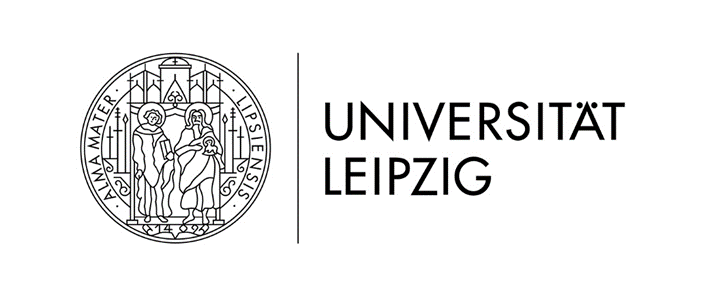PhD Student or Postdoc (f/m/x) “Theory and Methods for Non-equilibrium Atomistic Simulations of Complex Biomolecules”

PhD Student or Postdoc (f/m/x) “Theory and Methods for Non-equilibrium Atomistic Simulations of Complex Biomolecules”
YOUNG SCIENTISTS
Job Code: 60-23
Job Offer from December 21, 2023
The Max Planck Institute for Multidisciplinary Sciences is a leading international research institute of exceptional scientific breadth. With more than 40 research groups and some 1,000 employees from over 50 nations, it is the largest institute of the Max Planck Society.
The Department of Theoretical and Computational Biophysics (Prof. Dr. Helmut Grubmüller) is inviting
applications for a
PhD Student or Postdoc (f/m/x)
in the field of
“Theory and Methods for Non-equilibrium Atomistic Simulations of Complex Biomolecules”
Possible projects are variational free energy methods, thermodynamics of solvation shells, Markovian thermodynamics, as well as functional mechanisms of the ribosome, fatty acid synthase, CRISPR/Cas, or intrinsically disordered proteins.
Please indicate in your application which of the above listed projects is most intriguing for you.
Your profile
The successful candidate has a keen interest and strong skills in computational molecular physics and statistical mechanics, and also a great interest in interdisciplinary research and collaboration with experimental groups.
PhD students hold (or expect to complete soon) a Masters or equivalent degree in physics, mathematics or any related field; correspondingly, Postdocs hold a PhD or equivalent degree in the above mentioned fields.
What we offer
- State of the art on-site high performance / GPU compute facilities
- Competitive research in an inspiring, world-class environment
- A wide range of offers to help you balance work and family life
- Further training opportunities and free in-house language courses
The group language is English, so no German language skills are required – but it is a great opportunity for you to learn German! The historic city of Göttingen, located in the heart of Germany, offers great outdoors and cultural opportunities, a vibrant student scene, and an impressive scientific heritage.
Position details
PhD students will have the opportunity to participate in one of several available PhD programs, with three years funding, in collaboration with the University of Göttingen. Masters students aiming at a fast track PhD are also welcome. The Postdoc position is limited to two years with a possibility of extension. Payment and benefits are based on the German Public Service Payscale (TVöD Bund) guidelines. The starting date is flexible.
The Max Planck Society is committed to increasing the number of individuals with disabilities in its workforce and, therefore, encourages applications from such qualified individuals. The Max Planck Society strives for diversity and gender equality and welcomes applications from all backgrounds.
Application
Applications will be reviewed on a rolling basis until the position is filled. Please submit your application including a cover letter (explaining background and motivation), a CV and transcripts (translated to English or German, if applicable) preferably via e-mail and as a single PDF file to:
Diese E-Mail-Adresse ist vor Spambots geschützt! Zur Anzeige muss JavaScript eingeschaltet sein!
Max-Planck-Institute for Multidisciplinary Sciences
Department of Theoretical and Computational Biophysics
Prof. Dr. Helmut Grubmüller
Am Faßberg 11
37077 Göttingen
Germany
Social Media: @CompBioPhys












